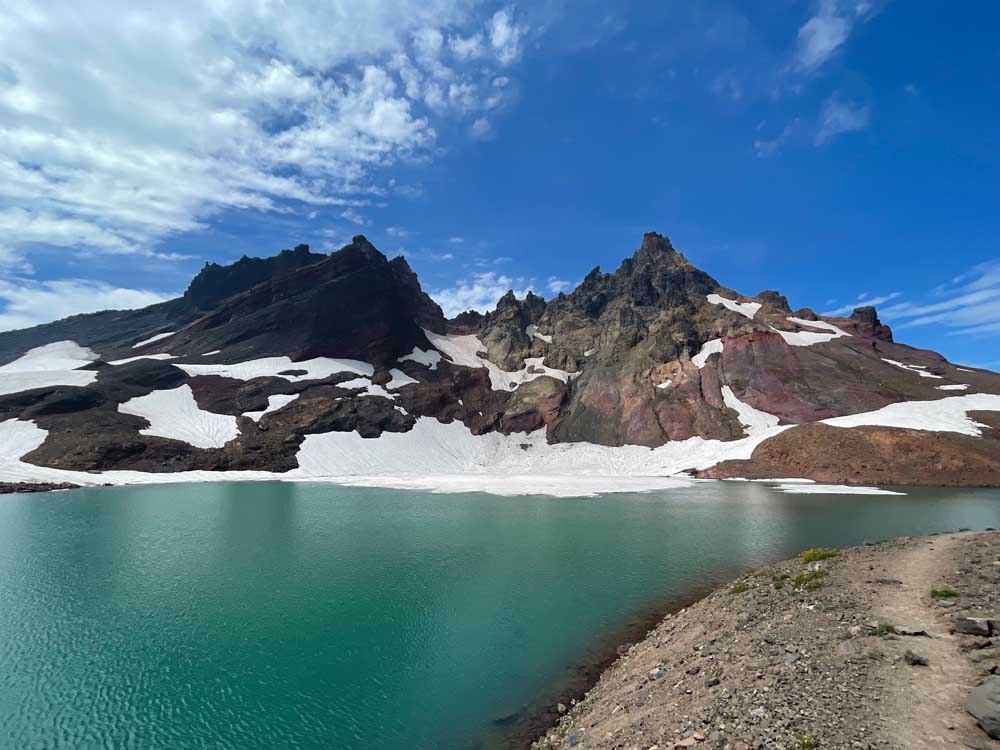Celebrate holiday in field or on river
Published 4:00 am Thursday, November 23, 2006
According to family lore, one of our ancestors (a man named Clark, on my mother’s side) signed the Mayflower Compact, a document that set forth a system of laws by which the pilgrims agreed to be ruled.
Things didn’t work out so well for the newcomers to the New World.
Trending
Their first laws provided that land and crops were held communally. The way my kindergarten teacher told it, the commune didn’t work. If someone brought in a deer or a harvest, they had to share it with everyone, instead of feeding their own family first.
Of the 102 original passengers on the Mayflower, half were dead by the end of the first winter. Drastic measures were introduced. Now, each man was responsible for his own welfare and that of his family. People who had waited for others to do the work now had to till their own soil, plant their own seed and reap their own crops. Or go hungry.
Two Indians, Squanto (who had been to Spain and England) and Samoset, showed them how to raise crops and gather food.
By the end of the next summer there was bounty enough that the pilgrims declared a feast and invited Squanto, Samoset and Massassoit, chief of the Wampanoag Indians, to join them. The Indians brought 90 of their closest friends and relatives to the table. Fortunately, they also brought food – five deer, wild turkeys, squash, corn soup, corn bread and berries – and stayed for three days.
We like to think of that feast as the first Thanksgiving, but really it was a continuation of a practice that the Christians had followed for years.
The Indians typically held six thanksgiving celebrations a year, so this event was not the first one for them either, though it was the first time that most of them had ever eaten at a table.
Trending
It would be nice to think that the neighborly relations made for the start of a lasting friendship between the Indians and the newcomers, but it was not to be.
Today there are conflicting accounts of that ”first” celebration, but the truth is complex and shrouded by myth and the veil of time.
I like to commemorate the spirit of the pilgrims’ first Thanksgiving outdoors.
Oregon’s late archery hunt is under way for deer and elk for those hunters who still have unused bow tags. The open units are listed in the Big Game Regulations. If you’re making the drive from Central Oregon, the McKenzie and Santiam units are good bets. Also consider the Rogue and Evans Creek units.
Thanks to the efforts of the National Wild Turkey Federation and the Oregon Department of Fish and Wildlife, much of the same habitat that is open in the late archery hunt is also home to good numbers of wild turkey. If you’re going afield with bent stick and string, bring a fall turkey tag. In the fall season, a hunter can take one turkey, male or female.
There were no chukar among the bird population on this continent when the pilgrims landed at Plymouth. That was to change in the middle of the last century, when chukar were established in some of the most unforgiving ground imaginable. We give thanks for that, at least as long as our knees hold out.
In our region, quail numbers are high this year. Most of the pheasant hunting in Oregon is on private land. Preserve pheasant hunts are a good option.
Ducks, geese and swans were all on the menu at that big feast in Plymouth. Today, swans are off limits, but duck and goose numbers are up, according to a U.S. Fish and Wildlife Service report. Based on surveys in May, duck populations increased 14 percent since last year – thanks in part to efforts by groups like Ducks Unlimited.
The pilgrims were not blessed with steelhead on the east coast of America, but we are. This year, we’re having a good run of steelhead, and it’s worth the drive to the river.
We have a lot to be thankful for. If your time off allows for time afield, take a moment to remember and reflect. Among a long list of things I’m thankful for are my freedom, my family, wild lands and wildlife. Not everything in our world is as it should be. Like those pilgrims learned after their first winter ashore, this life is what we make of it. Happy Thanksgiving.








